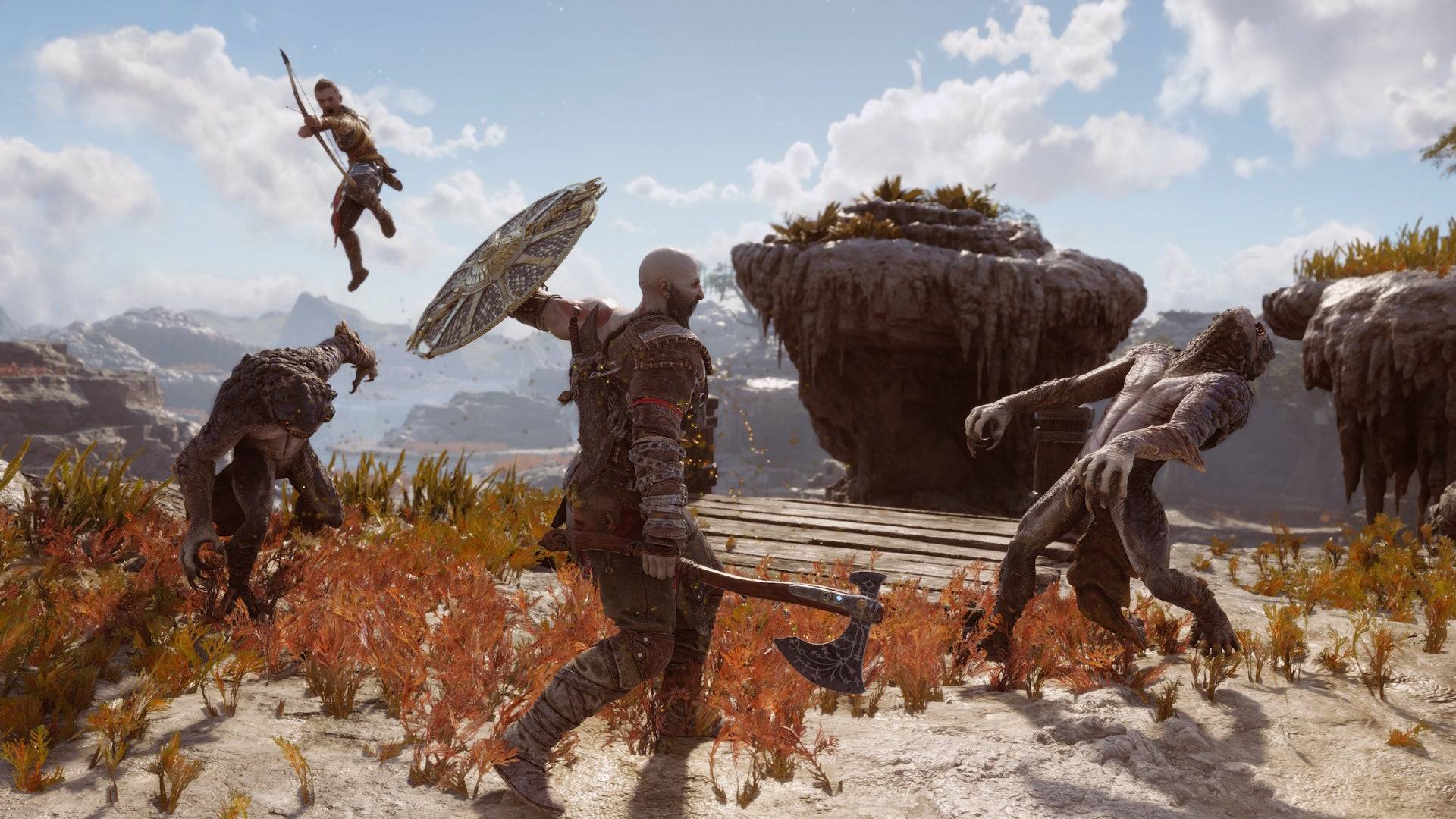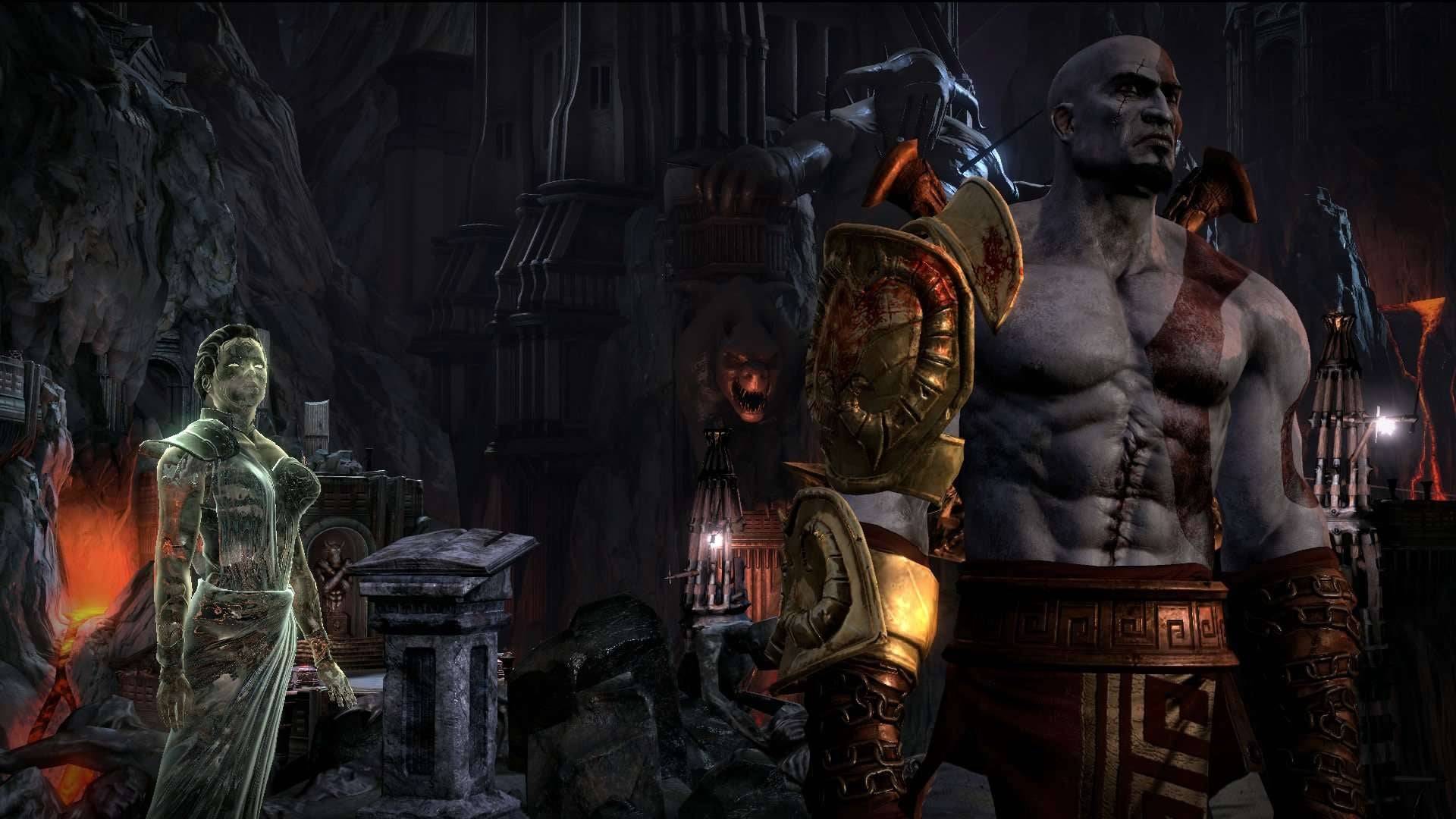The God of War series has been a cornerstone of PlayStation gaming across four generations, beginning with Kratos' vengeful journey in 2005. Few could have predicted the trajectory of this angry deity destroyer over the next two decades. While many long-running franchises struggle to remain relevant, God of War has thrived by embracing change. The most significant transformation came with the 2018 reboot, which shifted Kratos from Ancient Greece to the realm of Norse mythology, altering both the series' presentation and gameplay. Yet, even before this acclaimed reboot, Sony Santa Monica introduced smaller, yet impactful changes that kept the series alive and evolving.
For God of War to continue its success, reinvention will be crucial. When transitioning to the Norse setting, director Cory Barlog expressed interest in exploring the Egyptian and Mayan eras. Recent rumors have reignited speculation about an Egyptian setting, fueled by the allure of its rich mythology and distinct culture. However, a new setting is just the beginning. The next God of War must reinvent itself as effectively as it did when transitioning from the Greek trilogy to the Norse saga, updating and enhancing the elements that made the series so beloved.

The 2018 reboot saw the loss of some defining elements from the Greek trilogy, such as platforming and puzzle-solving, which were integral to Kratos' journey. The shift to a third-person, over-the-shoulder camera perspective made platforming less feasible, though puzzles were retained and adapted to fit the new adventure-focused design.
The roguelike DLC, Valhalla, for God of War Ragnarök, marked a return to the series' Greek roots both mechanically and narratively. It reintroduced battle arenas, a feature from God of War 2 onwards, adapted for the Norse setting. The story of Valhalla, where Kratos confronts his past at the invitation of the Norse god Týr, brought his journey full circle.

The most striking evolution in the Norse duology is the storytelling. It delves into Kratos' grief for his late wife and his complex relationship with his son, Atreus, revealing hidden truths about both characters. This emotional depth contrasts with the more straightforward narrative of the Greek trilogy and has been pivotal to the Norse era's critical and commercial success.
God of War's shift in mechanical design and storytelling reflects a unique approach to franchise development. The creators view the Norse games not as traditional sequels but as extensions of Kratos' journey. This perspective should guide future installments.
The mixed reception to Assassin's Creed's frequent shifts in setting and style underscores the risks of straying too far from a series' core identity. While profitable, Assassin's Creed has struggled to maintain fan loyalty across generations as effectively as God of War. The shift to an open-world RPG format with Assassin's Creed Origins diluted the series' connection to its assassin roots, leading to a more divisive reception with each new game. The series' attempt to course-correct with Assassin's Creed Mirage, a return to its Middle Eastern roots and a shorter, more focused story, was well-received. Assassin's Creed Shadows continues this trend by emphasizing stealth gameplay, a hallmark of the original games.
God of War's success lies in its ability to evolve while preserving its core elements. The Norse series, despite its radical departure, never lost sight of what made Kratos compelling or the series' mechanical foundations. It built upon the Greek trilogy's fiery combat, introducing new features like Spartan Rage options, innovative weapons, and diverse combat options, all while deepening the lore.
As rumors of an Egyptian setting circulate, the next God of War must continue to evolve while maintaining the elements that have made the series successful. The 2018 reboot focused on combat, but future games will likely be judged by their storytelling, the true strength of the Norse duology. Kratos' transformation from a rage-filled monster to a complex father and leader highlights the importance of narrative in the post-2018 games. The next installment must build on this strength while introducing bold new changes, aiming to be remembered as the pinnacle of the next era of God of War.















